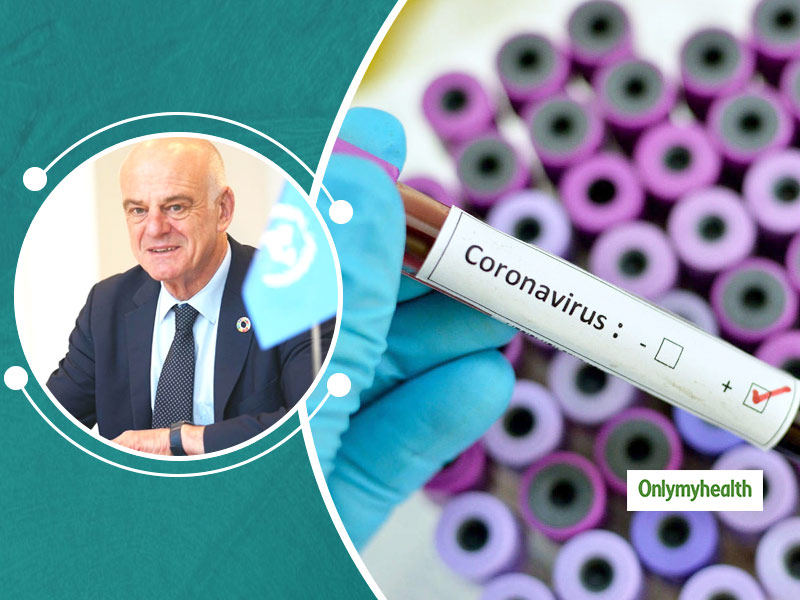
The World Health Organization (WHO) is all praise for India's efforts to combat coronavirus. In an interview to NDTV, WHO Special Representative for COVID-19, Dr David Nabarro, supported the ongoing lockdown in the country. He said that while developed countries like Europe and America did not take coronavirus seriously, it was well dealt in India. He said that people of India have better resistance to certain diseases due to hot and humid weather conditions, and they have full faith in India to beat this virus too effectively. In the meet, Dr Navarro also gave detailed answers to all the questions, including the BCG vaccine reducing the impact of the coronavirus. Dr Nabarro praised the stern steps taken by the Modi government to fight against coronavirus. On the problems faced by the people regarding the lockdown, he said that the higher the trouble, the sooner everyone will be free.
Table of Content:-

Also Read: Psychiatry Experts Giving Out Mental Healthcare Tips To Stay Stress-Free
India's Efforts To Get Rid Of Coronavirus
Dr Nabarro urged that we have to compete together. We have not faced any such enemy before. "We are all in danger. I do not have the disease today, but maybe tomorrow I can get it. I have to protect my family and community from this. Thank the people of India for taking this so seriously. India has an amazing ability to counter anything that comes its way. Coronavirus is a silent enemy and can be tackled only when everyone does it together."
Dr Nabarro On Face Masks
Infected people should use masks so that the infection does not spread to other people. Those with infection should stay at least two metres away from others. However, with the use of a mask, it is essential to know the correct way of coughing and sneezing. Dr Nabarro said, "Health workers are most in need of protection. They are the frontline workers. Masks are necessary for them. However, I support more people wearing masks because this virus catches anyone fast." With a mask, one should still cover their mouth with a piece of cloth and then wash hands immediately. If not close to any such provision, always keep a sanitiser handy for complete protection.
Should India Worry Less?
Dr Nabarro said that we hope the effect of this virus in India is lesser than other countries in the world. Countries with a hot climate are more resistant to diseases and hope that COVID-19 loses its grip here much before than what it did to other countries. He added, "As far as protecting people from infections caused by the BCG immune system is concerned, I hope to get help from it too. Also, the age group of people is an important factor in combating disease. Talking of age, in many developing countries and India, there will be less people of that age, who are affected by it."

Right Ways For Lockdown
Dr Nabarro on the right ways of social distancing, self-isolation and lockdown for complete protection from the disease:
- You may not feel ill, but if you cough or sneeze, you can infect others. So keep a distance from people.
- If you have trouble breathing, isolate yourself. When living with family, isolate them as well. Do not come in contact with anyone for at least fourteen days.
- Create a monitoring system in your community during the lockdown. Develop a method of identifying suspects.
- Lockdown is difficult. They get poorer and poorer—prices of food and drink increase. People have to face problems. But it is necessary to combat the disease. By changing our behaviour, we can save our community from disease.
Read more articles on Health News
How we keep this article up to date:
We work with experts and keep a close eye on the latest in health and wellness. Whenever there is a new research or helpful information, we update our articles with accurate and useful advice.
Current Version